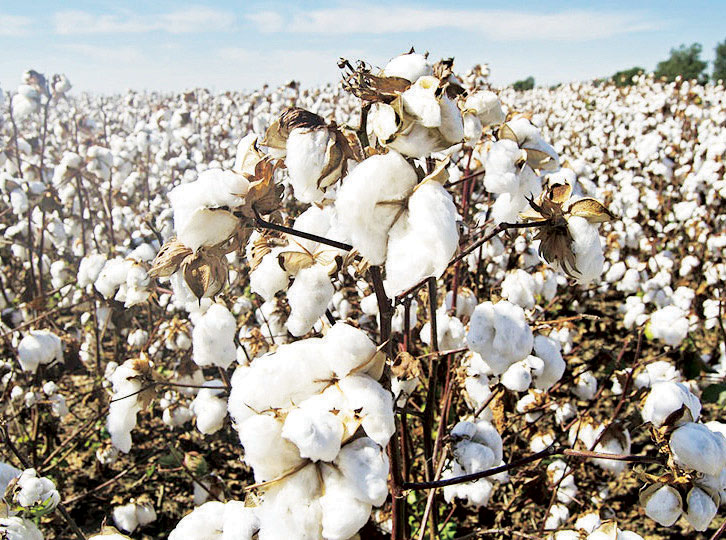
Malawi’s Cotton Industry Set to Soar: 523.8% Export Growth on the Horizon
Key Business Points
- Cotton exports in Malawi are expected to increase by 523.8 percent to $26.2 million this year, presenting a significant opportunity for local farmers and businesses.
- The establishment of the Cotton Council of Malawi and the introduction of a structured market are expected to enhance efficiency and transparency in the industry, creating a more favorable business environment.
- Increased investment in cotton production, including a K3.9 billion injection from the private sector, is anticipated to create at least 30,000 jobs and generate K28 billion in domestic sales, boosting economic growth and kupezeka (prosperity) for local entrepreneurs.
Malawi’s cotton industry is poised for a remarkable recovery, with exports projected to skyrocket by 523.8 percent to $26.2 million this year. Although this still falls short of the record peak in 2012, when the country generated $62 million in export earnings, it signals a zithunzi (turnaround) for one of the country’s key potential agriculture industries. According to Minister of Agriculture Sam Kawale, the lack of a structured market has been the main drawback for the industry, but the emergence of the Cotton Council of Malawi has set up a structured market, which is expected to be a booster for the sector.
The structured cotton market, which opened on June 7, has already digitally registered nearly 30,000 farmers through the new Cotton Management Information System. This system is expected to enhance efficiency and transparency in the market, making it easier for farmers to sell their produce and for buyers to purchase seed cotton. Afrisian Limited, Admarc Limited, Malawi Cotton Company, Masapa Cotton Ginners, and Illovo Sugar Nchalo Limited are the certified buyers of seed cotton for the 2024-25 season, providing a chimodzi (market) for local farmers to sell their produce.
The surge in production is expected to trigger benefits across the whole value chain, creating at least 30,000 jobs and generating K28 billion in domestic sales. Kuwezesha (empowerment) of local farmers and entrepreneurs is crucial for the growth of the industry, and the increased investment in cotton production is expected to have a positive impact on the economy. With an annual requirement of 24 million kg of cotton, local textile companies like Mapeto DWSM are expected to benefit from the increased production, reducing their reliance on imports and creating more job opportunities. As the industry continues to grow, it is essential for local businesses to take advantage of the opportunities presented by the structured market and increased investment, ultimately contributing to chitukina (growth) and development of Malawi’s economy.
What are your thoughts on this business development? Share your insights and remember to follow us on Facebook and Twitter for the latest Malawi business news and opportunities. Visit us daily for comprehensive coverage of Malawi’s business landscape.
- Malawi’s K1.2tn Gold Smuggling Scourge: A Threat to Business Growth and Economic Stability - February 1, 2026
- Revitalizing Malawi’s Economy: Lower Food Prices Signal New Growth Opportunities - January 31, 2026
- Revitalizing Malawi’s Economy: Tackling Climate Related Underfunding for Sustainable Growth - January 30, 2026
